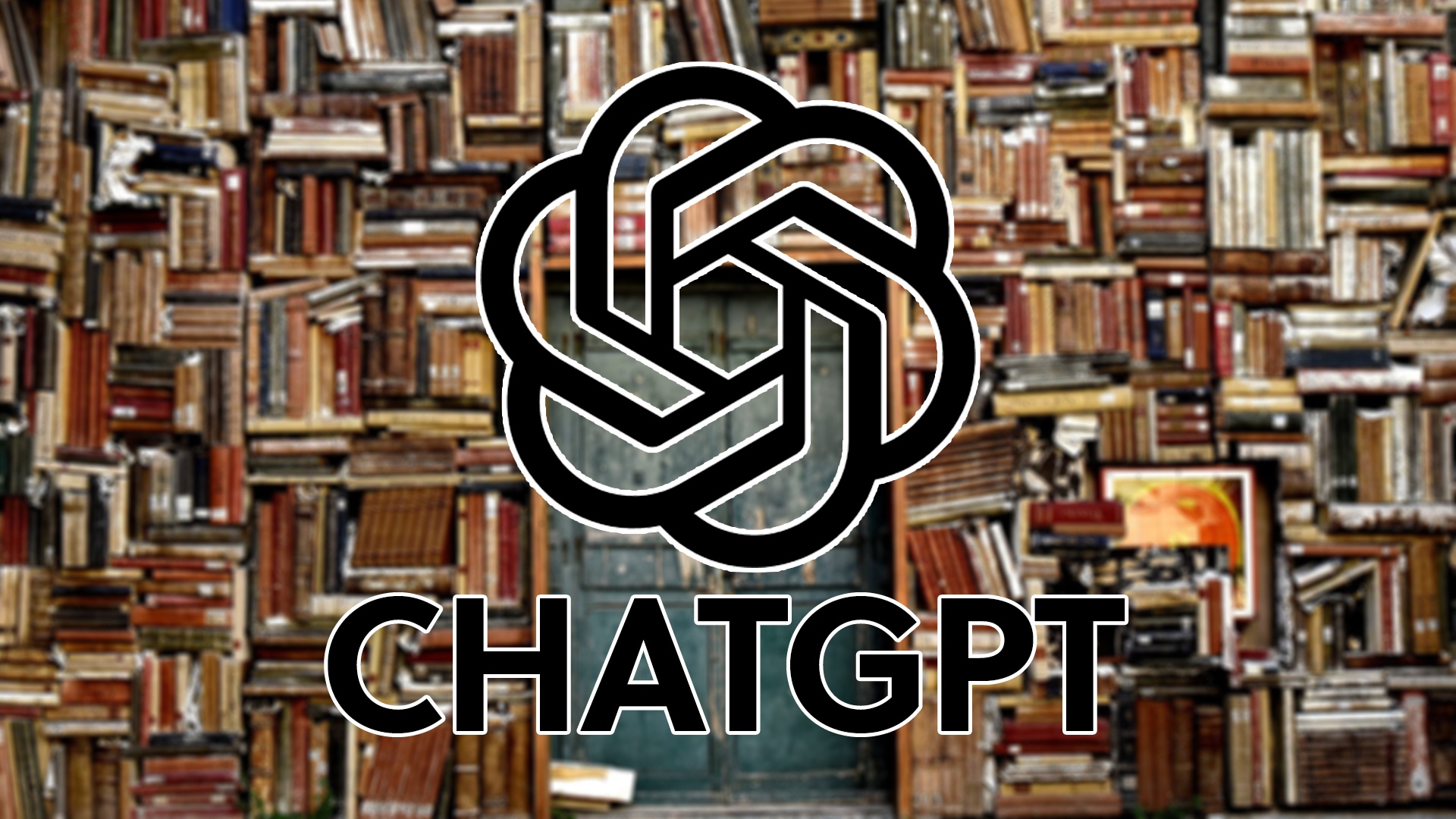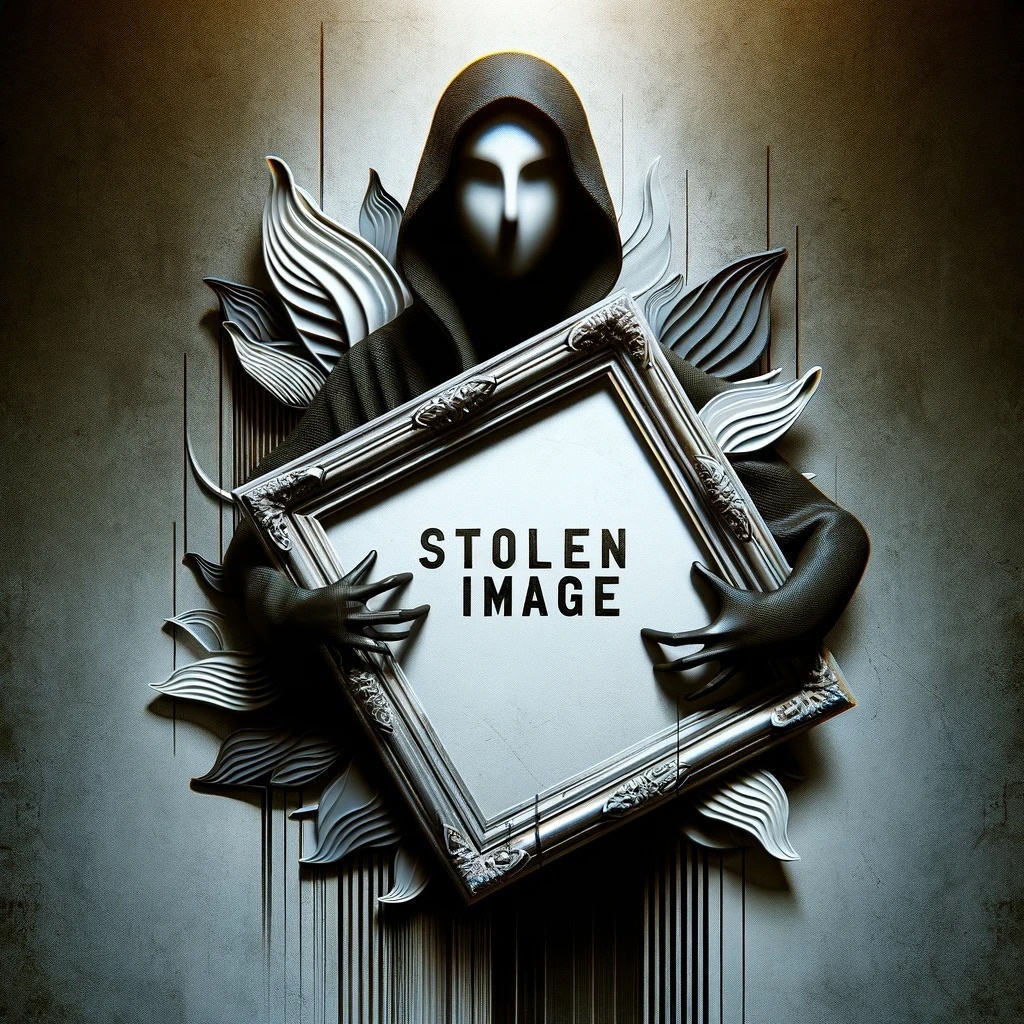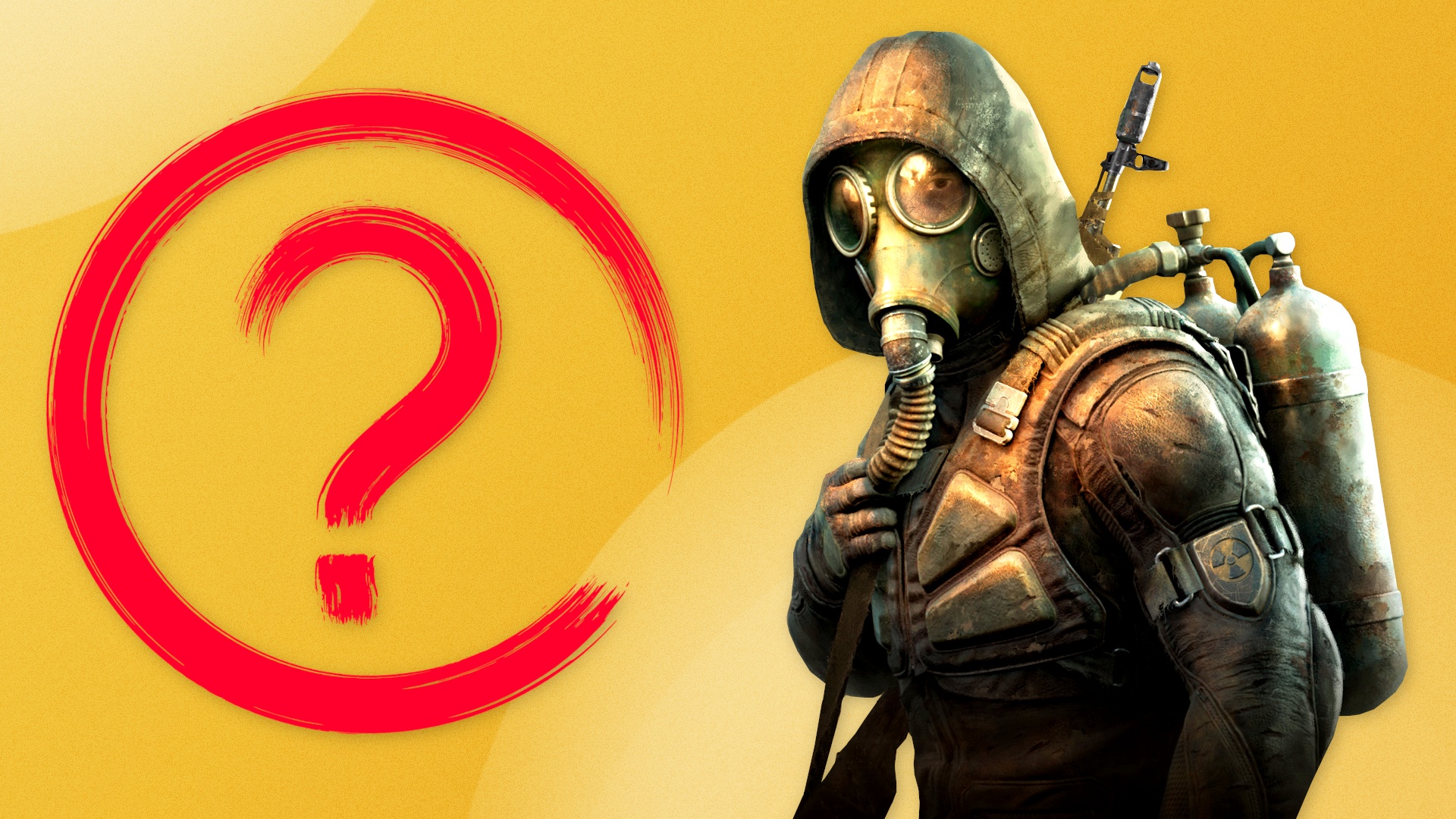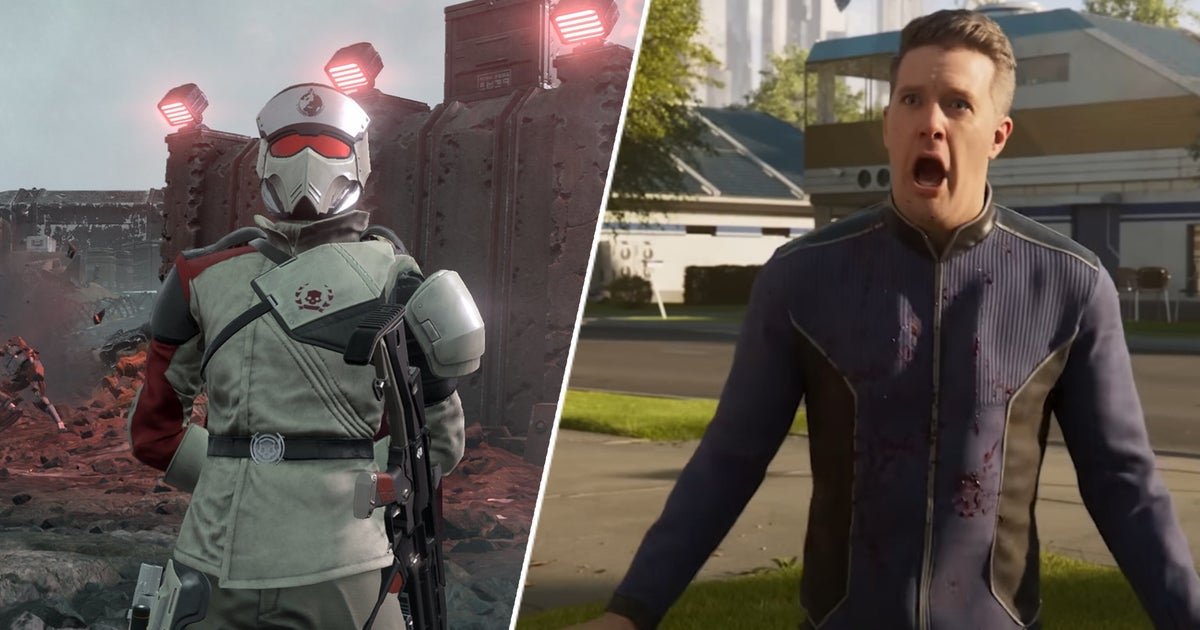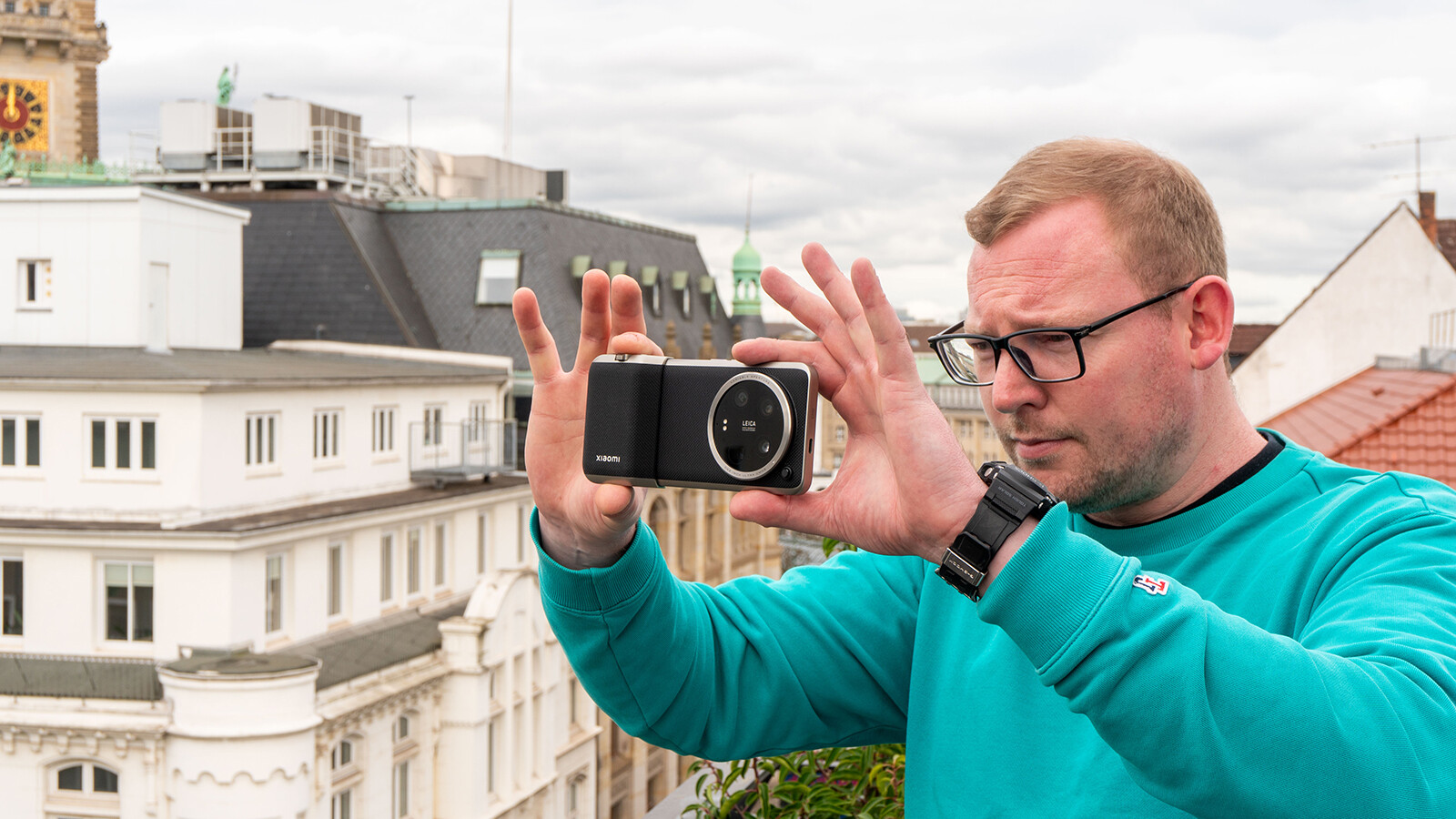Financial fame with AI children’s books: YouTuber Martin dared the project and had ChatGPT write a book. In order to keep the story less complex, he decided on a children’s book and divided it into 15 short stories about mythical creatures. You can buy it at Amazon
According to his own statement, he occasionally encountered problems such as inaccurate or stilted descriptions, but these were easily remedied. He even had the cover and illustrations calculated via the AI Midjourney and packed them into the book, an author’s vita of the fictitious author
there’s on top.Neural Narrator
link to YouTube content
You can buy the work on Amazon and see for yourself how good the 15 short stories turned out. Currently (February 3, 1 p.m.) the book has 7 ratings. A 1-star reviewer says:
Others sit down and write and some use a few clicks to quickly make a few dollars. Tasteless
Other reviewers feel it’s the opposite totally horny Idea
or have even been inspired to try something similar themselves.
Incidentally, our colleague Sören had ChatGPT copy his own children’s book – and was appalled by the result. Until the cash register rings (or not), you can still make your life with ChatGPT easier with our article.
Is it okay for academic work?
Whether and when it is okay to have texts supported by an AI like ChatGPT is also a subject of much debate in academia. The world’s largest publisher of academic texts, Springer Nature, finds the use legitimate. The demonizing computer-generated texts is not fundamental, but demands that it be shown accordingly in order to ensure transparency.
The explanation is simple: Apart from pure writing, ChatGPT cannot fulfill any obligations. The AI cannot answer questions about the content, it cannot claim intellectual property rights and it cannot be held responsible for the publication. Speaking of which: How ChatGPT works can be found in our article below:
more on the subject
What is ChatGPT? This is how the powerful AI tool works
The scientific community responded with harsh words and sniffles at the thought that an academic text would be created entirely without human intervention – and rightly so, says Springer Nature in an interview The Verge.
ChatGPT still generates too many errors and sells them as facts. Nevertheless, the publisher considers it perfectly legitimate to be read by an artificial intelligence when writing, as long as it is identified. Ultimately, people must be held responsible for what is written between the covers of the books.
Non-fiction and stories created by artificial intelligence, is this the future? Will we soon be watching movies with neural network scripts or listening to AI-generated music on Spotify? Do we still need authors and creative people at all? Write us in the comments how you see the topic!

